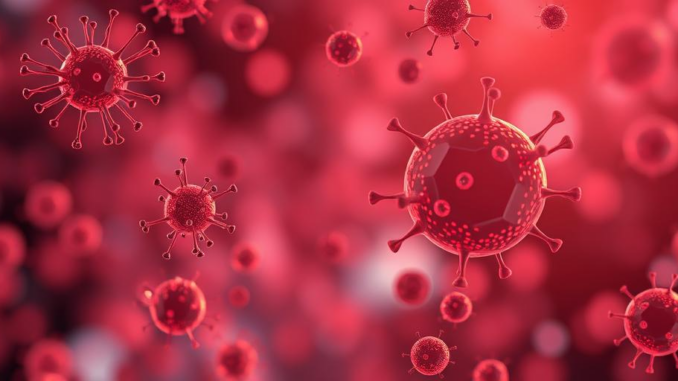
Summary
Shift Bioscience expands to North America to accelerate research on AI-powered virtual cells for age-related diseases. The company aims to leverage North America’s strong AI talent pool to advance its virtual cell platform and identify new rejuvenation gene targets. This expansion promises groundbreaking advancements in treating age-related diseases.
Healthcare data growth can be overwhelming scale effortlessly with TrueNAS by Esdebe.
** Main Story**
Shift Bioscience is really making waves in the biotech world, tackling age-related diseases head-on with their AI-powered virtual cell tech. It’s ambitious, I know, but their recent announcement about setting up a North American team, complete with new facilities in Toronto, shows they’re serious. Seems to me this move is all about using AI to change how we think about and deal with illnesses that come with age. And honestly, who wouldn’t want that?
Tapping into North America’s AI Powerhouse
Expanding into North America, it isn’t just a random choice for Shift Bioscience. The place is brimming with AI and machine learning whizzes, exactly what they need. By planting their flag in Toronto, which, let’s face it, is a major AI hub, they’re getting access to some serious talent. This should really boost their intellectual property and make their virtual cell platform even better. Following their successful $16 million seed funding round in late 2024, this move feels like the next logical step in their AI strategy.
Leading the Charge: Expertise at the Helm
Lucas Camillo is heading up the new North American team as Head of Machine Learning. He’s in charge of developing Shift’s virtual cell platform, looking at new capabilities, and trying to find those elusive rejuvenation gene targets. Now, he’ll be working closely with Professor Bo Wang, a big name in AI and computational biology, who’s on board as a Senior Advisor. That guy, Professor Wang, brings a ton of experience in machine learning algorithms for all sorts of things, from personalized patient care to cell simulation. Which, you have to admit, is pretty cool. His knowledge will be super helpful in guiding the development of Shift’s ground breaking technology. As well as this, Professor Wang has current roles that include Assistant Professor at the University of Toronto, Chief AI Scientist at University Health Network (Canada’s leading research hospital) and holding a Canada CIFAR AI Chair from the Vector Institute, so he knows his stuff.
The Promise of AI Virtual Cells
What exactly is this “virtual cell platform” all about? Well, it’s basically changing the game in biological research. Shift is using AI to simulate what happens inside cells, so they can figure out which gene sets can safely rejuvenate those cells. It sidesteps the issues with older methods of cellular reprogramming, which could sometimes lead to tumors forming, a problem Shift is keen to avoid.
Shift is laser-focused on gene targets that don’t trigger pluripotency, allowing them to create treatments that rewind cellular aging without any safety concerns. The early results are promising, with the platform identifying novel transcription factors, that sounds really complex I know, but it’s basically rejuvenating aged human fibroblasts without activating tumor-inducing pathways. Imagine that!
A Future of Hope: Revolutionizing Healthcare
If Shift Bioscience succeeds, the implications would be massive. Safely rejuvenating cells? That could revolutionize how we treat a whole range of age-related diseases. Their focus is on the core reasons behind aging, and they’re aiming to create therapies that not only treat symptoms but get to the root of the problem.
That said, it’s a long road ahead, but this expansion into North America is a major step. It brings us closer to a future where getting older doesn’t automatically mean getting sick. And as AI and omics technologies keep getting better, the combination of these fields could lead to some truly incredible medical breakthroughs. Hopefully offering us all a healthier and longer lifespan. Shift’s new facilities show that there’s real momentum in this area, and it cements Toronto’s position as a leading hub for AI-driven healthcare innovations.


The focus on gene targets that avoid pluripotency is particularly exciting. Avoiding tumor-inducing pathways could significantly de-risk the development of rejuvenation therapies. What are the next steps for validating these novel transcription factors in pre-clinical models?